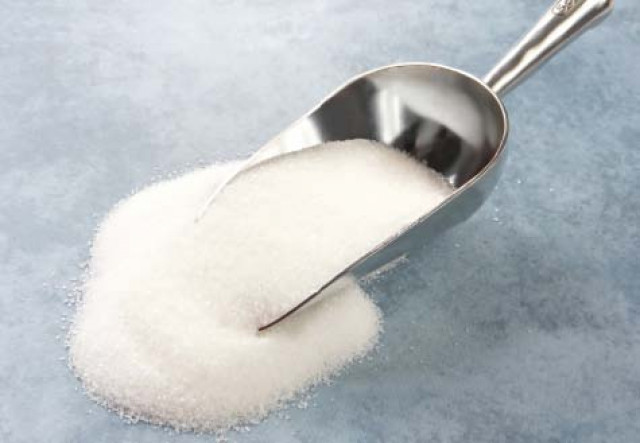Sugar Prices Soar in Pakistan Amidst Governance Gaps
The surge in sugar prices has significant implications for household budgets and the country's economy, highlighting the need for a sustainable and equitable solution to the sugar crisis, which can be achieved through a combination of effective governance, regulatory oversight, and a coherent national policy.

The national average price of sugar in Pakistan has reached Rs188.44 per kg, with a weekly increase of Rs3.52, further straining household budgets already burdened by inflation, as the government's efforts to ease pressure through imports have failed to yield results.
In major cities like Karachi, Islamabad, and Rawalpindi, sugar prices have crossed the Rs200/kg mark, making it the most expensive sweetener in recent months. The surge in prices is attributed to deep-rooted structural gaps in sugar sector governance, lack of effective policy cohesion, and inadequate regulatory oversight. The sugar industry is politically sensitive, with government and opposition elites controlling several mills, and the blame game between mill owners and the government simplifies a complex value chain.
The government's import efforts have been hindered by mill owners, brokers, middlemen, and lack of regulation, leading to market instability. A senior official acknowledged the absence of a coherent national policy for the sugar sector, stressing the need for a long-term policy to stabilize and structure the market. The growing policy divide between Islamabad and the provinces has hindered the development of the sugar sector, allowing unfettered speculation to occur.
The sugar crisis in Pakistan is a complex issue that requires a comprehensive and sustainable solution. The government needs to address the structural gaps in the sugar sector, ensure effective regulatory oversight, and develop a coherent national policy to stabilize the market. Only then can the prices of sugar be brought under control, providing relief to households and supporting the country's economic growth.